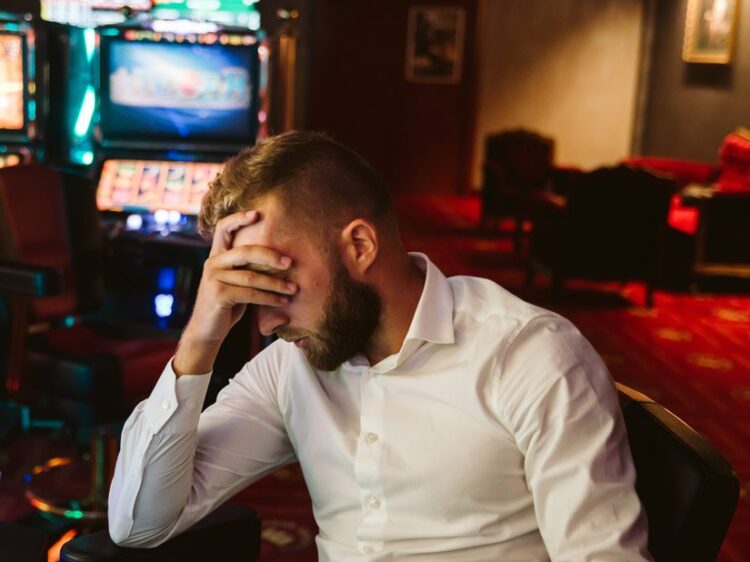You have regained your sobriety and started your recovery journey. You have established some good routines—going to recovery meetings, keeping a gratitude journal, getting outside to enjoy the fresh air and beauty to be found in the natural world—and you are feeling pretty good about your ability to manage cravings and maintain your sobriety over time.
No Substitute for Sobriety
You know there will always be challenges, but for now, at least, you are in a good place. Things are really looking up.
But then your spouse mentions that you have been putting in a ton of extra hours at work. Or you notice that your weight is ticking up week after week. Or you overdraw your bank account after a few bets placed over the weekend don’t go your way—again.
At first, you may not think too much about these sorts of things. But if you continue to burn the midnight oil or put on weight or overdraw your accounts, you may need to consider that you are struggling with something known as a substitute addiction.
A Substitute Addiction Is Exactly What It Sounds Like
We’re all quite familiar with the idea of substitutes. In athletic competitions, classrooms, recipes, and more, substitutes can play an important and helpful role. But when you are in recovery for a substance use disorder, a substitute addiction is not helpful at all. In fact, a substitute addiction can be just as problematic as the original addiction was, disrupting your life in all sorts of negative ways.
Let’s look at a couple of examples.
Work to Live or Live to Work? Your Job as a Substitute Addiction
Listen, there is nothing wrong with showing some initiative in the workplace. It is perfectly natural to want to do well—especially if you are in line for a promotion that might bring in more money, serve as a stepping stone to your ultimate career goal, or both.
But if you are a person in recovery and you find yourself arriving at the office before anyone else, eating lunch at your desk, and heading home long after everyone else has left, it is time to take stock of what you are actually up to.
Do you find yourself feeling anxious when you are not at work? Do you think about work all of the time and have trouble unplugging from your email or office messaging system even when you are home or over the weekends? Are you passing up on other opportunities—dinner with friends, volunteering at your child’s school, enjoying your favorite show—because you feel as though you simply have to work all of the time?
If so, you have likely developed a substitute addiction centered on work. The good news is that you haven’t returned to drugs or alcohol, but the bad news is that habits of addiction are still having a negative effect on your life.
Baby Needs a New Pair of Shoes – Gambling as a Substitute Addiction
Gambling can be truly exciting. There is that ever-present hope that you might hit it big on the next pull of the slot machine’s arm, on the next hand of cards or roll of the dice, or on the results of the game or the race. And sure, some people do in fact hit it big.
But the reality is that most people lose. That might be okay if you have established a budget for gaming and you stick to it. However, if you find yourself getting caught up in the excitement of gambling to the point that it feels like you just can’t stop—or if you feel like you have to keep going to make up for the losses you have already sustained, the odds are good you have a problem. Gambling has taken the place of your substance use disorder as a substitute addiction.
When you decided to get treatment for your substance use disorder, you made a bet on yourself. Make sure that bet pays off by avoiding excessive gambling and the negative consequences that often accompany it.
Find the Balance You Need to Stay Sober & Avoid Substitute Addictions
Whatever form your substitute addiction takes, whether it’s working, gambling, eating, video-gaming, or any behavior that becomes compulsive, it’s a signal to return to treatment. It shows that what drove your substance addiction is still at play and may eventually lead to a relapse into alcohol or drug use.
At Bel Aire Recovery Center we are ready and able to help you get back to your recovery. We provide resources, strategies, and support that will help you renew your recovery journey with confidence—and will help you recognize the signs of a substitute addiction so that you can address a problem early and hold on to your sobriety.
We Are Here to Help You
There is no substitute for substance use disorder treatment. When you are ready to regain and maintain your sobriety, we are here to help.




